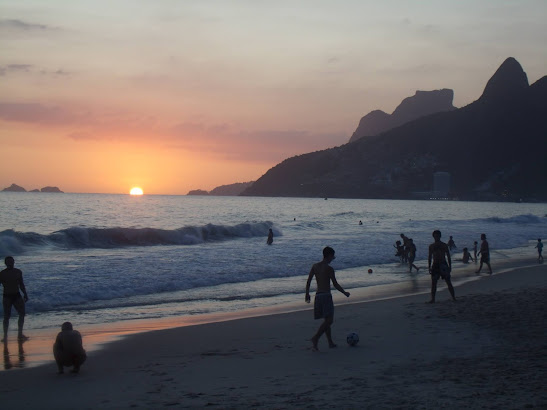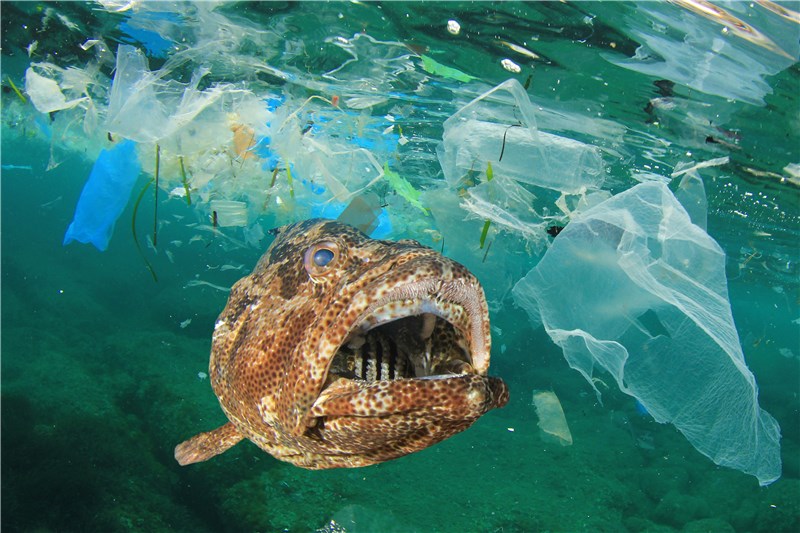THE PLASTIC PLAGUE
Beachgoers spread the plastic plague that pollutes our beaches and oceans.
Every sunny day, beachgoers leave tons of plastic waste and garbage on Brazil’s beaches, much of which is swept into the ocean by the incoming tide and waves.
Despite warnings about the dire consequences of man-made pollution, it seems that the penny has not dropped, and people continue to contribute to the burgeoning threat to the environment and human health.
This is part of the trash collected by me on 27/04/2025 along the water’s edge of just 1/3 of Ipanema beach. It shows a predominance of clear plastic and polystyrene and is typical of what beachgoers just discard on the sand. Uncollected, all of this would have been swept into the sea by the incoming tide. In the ocean, polystyrene food containers break down into micro particles and end up in the marine food chain, being absorbed by fish and thus ultimately by humans.
Oceana released a new report, “Plastic Foam Needs ‘To Go,'” revealing the dangers behind single-use plastic foam products like clamshell takeout food containers, cups, packing peanuts, and disposable coolers. According to the report, plastic foam, which is also called expanded polystyrene, compromises our health and our oceans.
Plastic foam is made with hazardous chemicals, like its main building block styrene, which is toxic to the human nervous system. Styrene is linked to cancer and considered a probable human carcinogen by the U.S. National Institutes of Health. Styrene and other chemicals can easily leach into food and beverages at all temperatures, but hotter temperatures heighten the risk.
Food and drinks containing high levels of fat also increase the leaching of styrene and other chemicals. This raises the question: are foam takeout containers and cups risking our health? The American Academy of Paediatrics recommends that parents avoid giving their children plastic products made of polystyrene, which includes plastic foam. Adding to the concern, tiny pieces of polystyrene microplastic have been found in our bodies, including the brain, blood, lungs, kidneys, and reproductive systems.




















